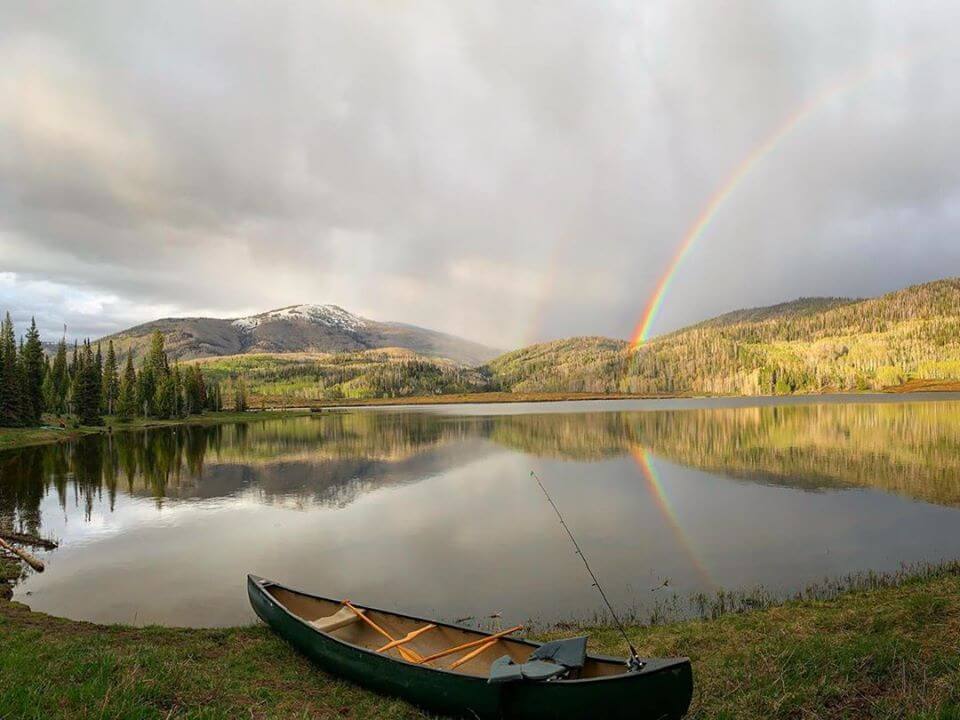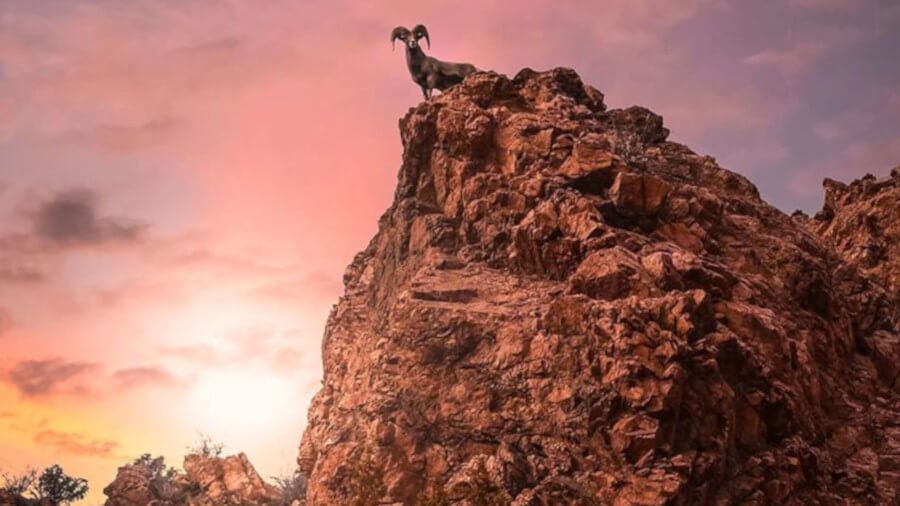
The Colorado Parks and Wildlife Commission now requires that everyone using State Wildlife Areas, or leased State Trust Land, possess a hunting or fishing license first. The move is to cover the cost of park land maintenance.
Prior to the rule, only people looking to hunt or fish on the state-held properties needed licensing, but due to the increase in hikers and other land-users, the commission expanded the licensing requirement to all.
“Colorado Parks and Wildlife manages over 350 State Wildlife Areas and holds leases on nearly 240 State Trust Lands in Colorado, which are funded through the purchase of hunting and fishing licenses,” said Brett Ackerman, a regional manager with the state commission. “The purpose of these properties is to conserve and improve wildlife habitat, and provide access to wildlife-related recreation like hunting and fishing that are a deep part of Colorado’s conservation legacy.”
Colorado’s population is growing steadily and so has demand for use of these park lands. With more and more people using the wildlife areas and trust lands there’s more foot traffic disrupting habitats and affecting hunting and fishing spaces.

With these outdoors enthusiasts directly affecting fish, game, and wildlife habitats, it makes some sense for the commission to require hunting or fishing permits in order to use these wildlife areas and trust lands. Particularly since the state was able to purchase or lease and maintain these properties with money raised through hunting and fishing licenses in the first place.
Some groups argued for hiking or conservation licensing or fees for users, but the state insisted that users purchase hunting and fishing licenses in order to ensure that the money raised would be used to protect and maintain these specific wildlife resources. State law requires the separation of park and wildlife conservation funds.
The federal government also matches state funding in order to protect these wildlife areas. By requiring fishing and hunting licenses, the state can secure increased federal funding over would-be hiking permits.
“This new rule change will help our agency begin to address some of the unintended uses we’re seeing at many of our State Wildlife Areas and State Trust Lands,” said Colorado Parks and Wildlife Director Dan Prenzlow. “We have seen so much more non-wildlife related use of these properties that we need to bring it back to the intended use–conservation and protection of wildlife and their habitat.”
See Also: Fearing Food Shortages Amidst Pandemic, More Hunters Take to Woods
“We do anticipate some confusion based on how the properties are funded, and the high amount of unintended use over time in these areas,” added Ackerman. “We plan to spend a good amount of time educating the public on this change.”
“But in its simplest form, it is just as any other user-funded access works,” he continued. “You cannot use a fishing license to enter a state park, because the park is not purchased and developed specifically for fishing. Similarly, you cannot use a park pass to enter lands that are intended for the sole purpose of wildlife conservation, because a park pass is designed to pay for parks.”
As a bonus, it’s possible that by requiring users to purchase fishing or hunting licenses, these people may become recreational anglers or hunters as well. In any case, the more people aware of the wildlife that surrounds them the better.
